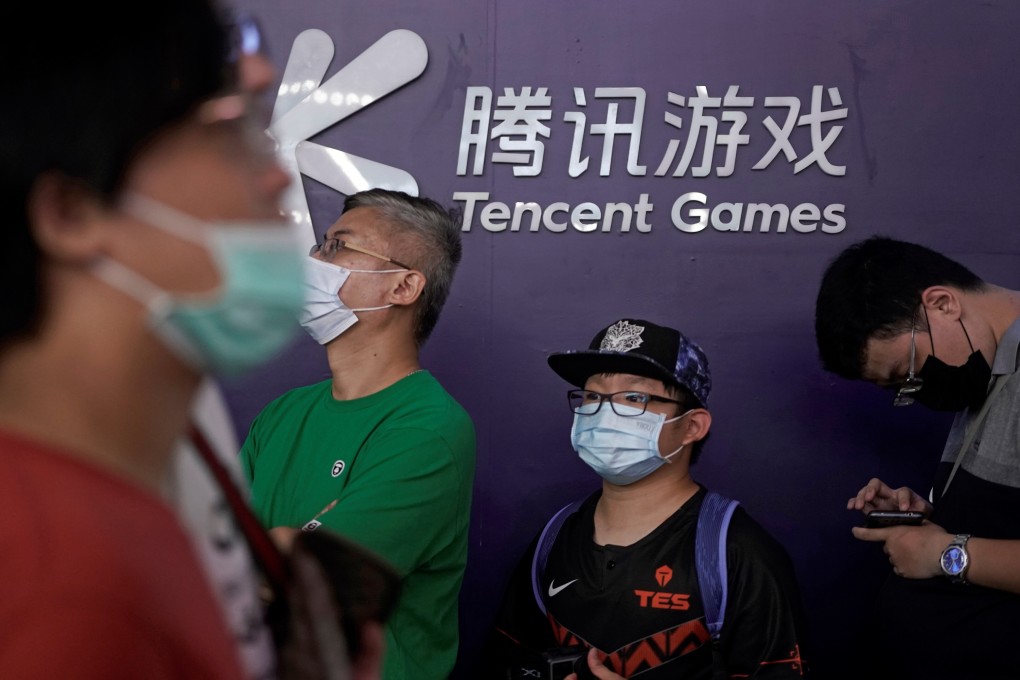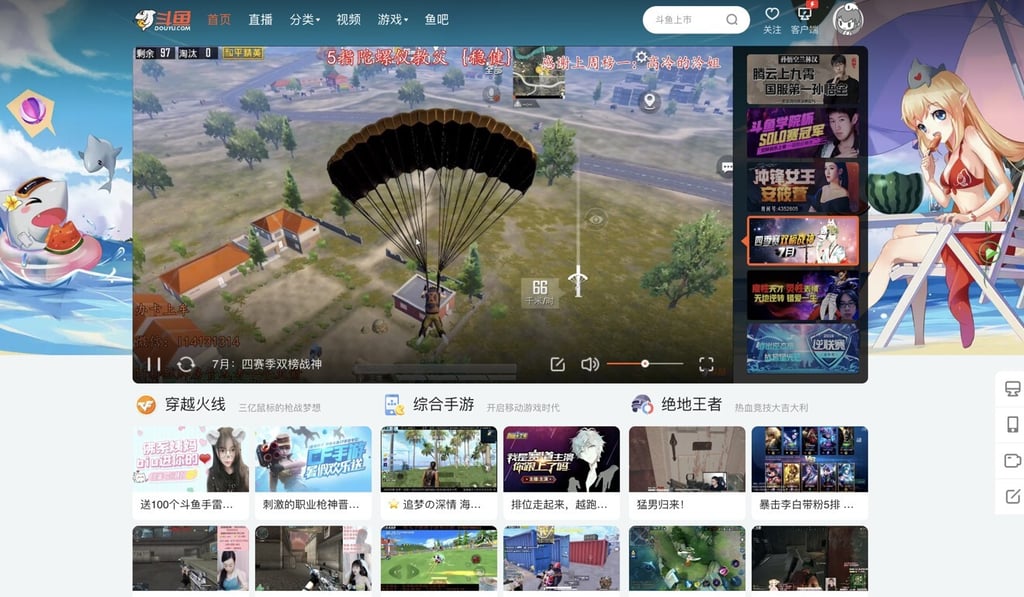Beijing’s decision to block Tencent’s Douyu-Huya merger deal marks end of freewheeling internet era in China
- Decision to reject the Douyu-Huya merger, which would have created a video game streaming behemoth worth more than US$10 billion, sets a precedent
- Analysts say blocked merger may force Tencent to sell off its stake in one of the two streaming companies, given ongoing antitrust regulation risks

The Chinese government had never said no to a merger deal in the country’s technology sector until last Saturday when the State Administration for Market Regulation (SAMR) blocked Tencent Holdings’ plan to merge Douyu and Huya, two video game live-streaming websites it controls.
Analysts says Beijing’s veto is a clear sign that the Chinese authorities are no longer shy to act on antitrust issues, putting an end to a freewheeling era in which Big Tech companies were able to engage in aggressive merger and acquisition activity to achieve market dominance.
Moreover the decision to reject the merger, which would have created a video game streaming behemoth worth more than US$10 billion allowing Tencent to take on Amazon’s Twitch, sets a precedent with far-reaching implications for the country’s internet industry.
“This is the first case involving internet platforms, a sector where antitrust authorities have long been very careful when it comes to making decisions relating to what would constitute a ‘concentration of business operators’,” said Laura Wei, lawyer at W&H Law Firm. “In this case, the antitrust authorities have made a comprehensive assessment of how the merger is likely to have an extremely adverse impact on competition.”
In a regulatory ruling published on Saturday explaining its decision to block the deal, SAMR said that Huya and Douyu’s combined market share in the video game live-streaming industry would be over 70 per cent if the merger went ahead, giving Tencent, the world’s biggest games publisher, a dominant role in gaming.
